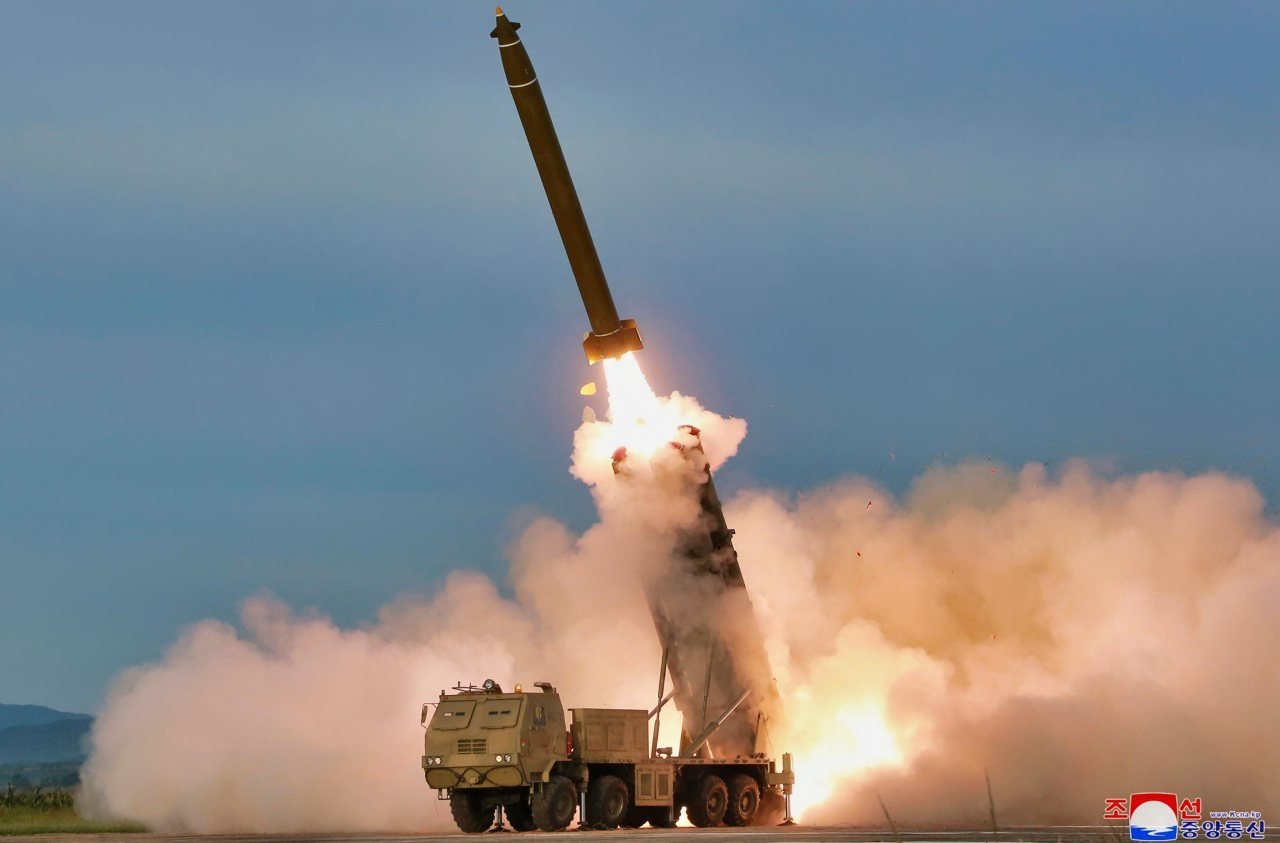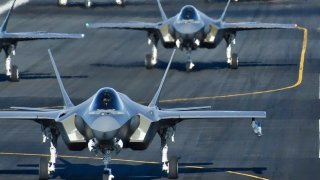Is Kim Jong-un Crazy? Why North Korea Won't Start a War
Is North Korea's Kim Jong-un Crazy? The short answer is no, he’s not crazy, and while he may engage in all sorts of theatrics, he won’t start a war. Even suggesting this is silly.
Is North Korea's Kim Jong-un Crazy? The short answer is no, he’s not crazy, and while he may engage in all sorts of theatrics, he won’t start a war. Even suggesting this is silly.
North Korea's decision to reject reunification does not open “a perilous new era,” as some would have it. Kim’s efforts to build nuclear weapons and long-range missiles are intended to prevent war, to prevent the U.S. from invading or attacking North Korea, not to win one. Before saying “we would never do that,” look at American interventions through Kim’s eyes (and the perspective he shares with Russia, Iran, and China) and consider Iraq in 2003. For dictators, the U.S. is a rogue state, unwilling to accept a status quo they prefer. Kim wants to prevent invasion and protect family rule, and starting a war does not do that.
The North Koreans may know that nuclear-armed states are very cautious in starting wars with each other – this is a point lost in much of the discussion of potential Russian or Chinese actions. It is one reason Iran wants nuclear weapons and why Kim has spent billions to develop them. This does not mean states will not use coercive actions, refrain from making bellicose threats, or even invade neighbors who are not under a nuclear umbrella, but it does mean that the likelihood of war on the Peninsula is remote. Interstate conflict is in a new era and uses new coercive tools, and using 20th-century weapons is not the first choice of competitors.
In some ways, western strategic discussions are predicated on pretending this nuclear effect does not exist. Nostalgia for the 20th Century, when men were men and battle lines drawn in black and white, exerts a powerful hold on Western strategic thinking and leads to policies and investments often irrelevant to achieving larger strategic goals. They are not irrelevant to North Korea, however, given its limitations and geography. It knows it cannot win a conventional or nuclear war, and the result of any war would be reunification on American terms, while Kim would have to flee to Moscow or Beijing. Keeping less than 30,00 troops (North Korea has 1.3 million), supported by immense American air power, is enough to prevent invasion.
One counterargument is that this assumes a degree of rationality among our opponents. We must distinguish between seemingly irrational public statements to influence domestic and international audiences and actual policy. If the principle goal for Kim and other authoritarians is to preserve their rule, whether or family or Party, the most dangerous threats are domestic. Authoritarians rely on heavy doses of nationalism to sustain public support. This nationalism requires an external foe (usually the US), and there is a risk that nationalist sentiment could swell and escape the ability of a regime to control it. The risk is not irrational decisions by mad dictators but uncontrollable internal political forces where regime survival requires starting a war.

Things are going well for Kim, and the only concrete effect so far of giving up on reunification is that it led to the removal of a rather ugly statue in the center of Pyongyang. The DPRK economy is adequate for stability, and there is a good possibility to break sanctions with expanded trade with Russia. Kim would like recognition and concessions from the US and the ROK – it is said that he pines for his tete-a-tete’s with Trump – and he will use threats and demonstrations that he thinks will aid in attaining these concessions, but he is not going to take actions that put the regime at risk.
Perhaps in this, he is more of a realist than Western observers.
About the Author: James A. Lewis
James A. Lewis is a Senior Vice President at CSIS. Before joining CSIS, he was a diplomat and a member of the Senior Executive Service. Lewis has a track record of being among the first to identify new tech and security issues and devise polices to address them. He developed groundbreaking policies on cybersecurity, remote sensing, encryption, spectrum management, and high-tech exports to China, including 5G, software, and semiconductors. He also helped create the Wassenaar Arrangement. Lewis was a senior adviser for four UN Groups of Governmental Experts on Information Security, and his work on norms to build stability in cyberspace is foundational. He leads a long-running track 2 dialogue with the China Institutes of Contemporary International Relations. His current work looks at how countries innovate and at digitalization and its political, economic, and security effects. Early in his career, Lewis was a political adviser to two combatant commanders.


